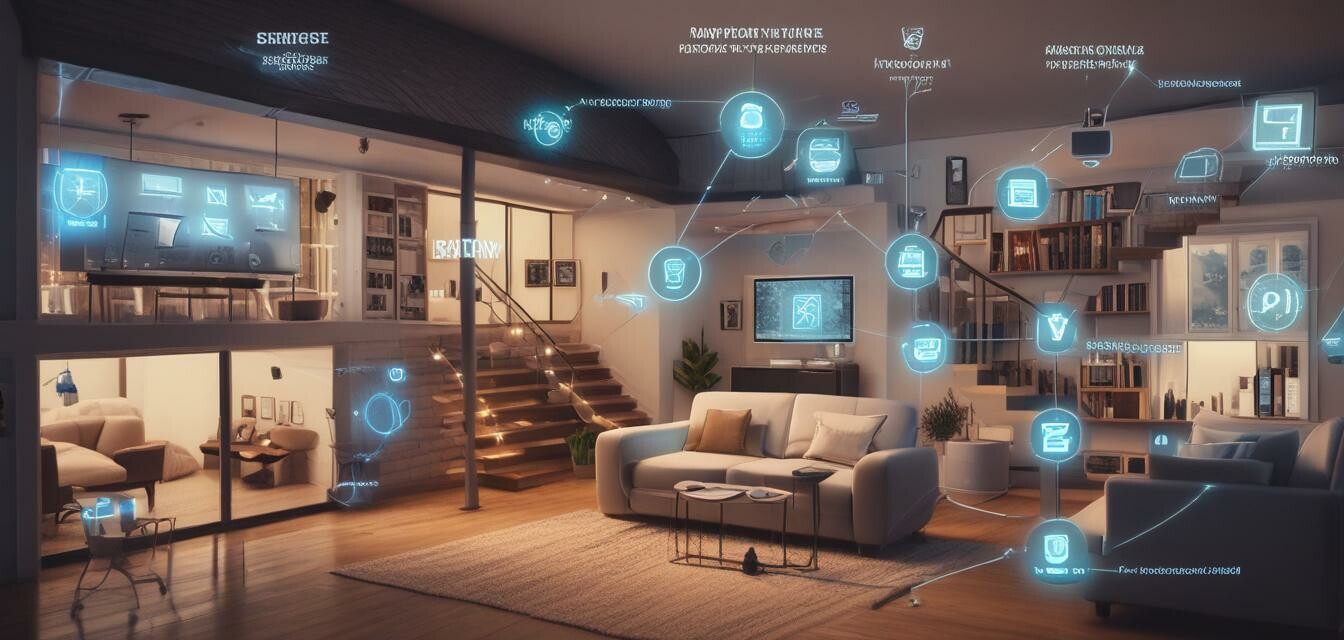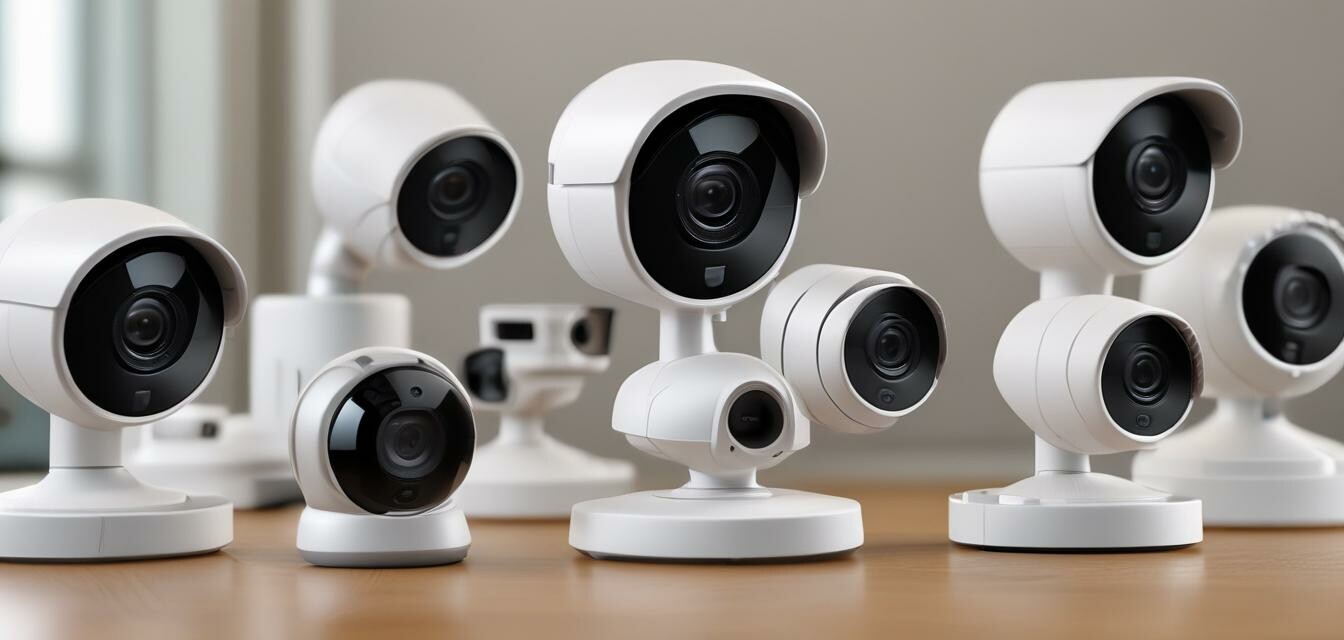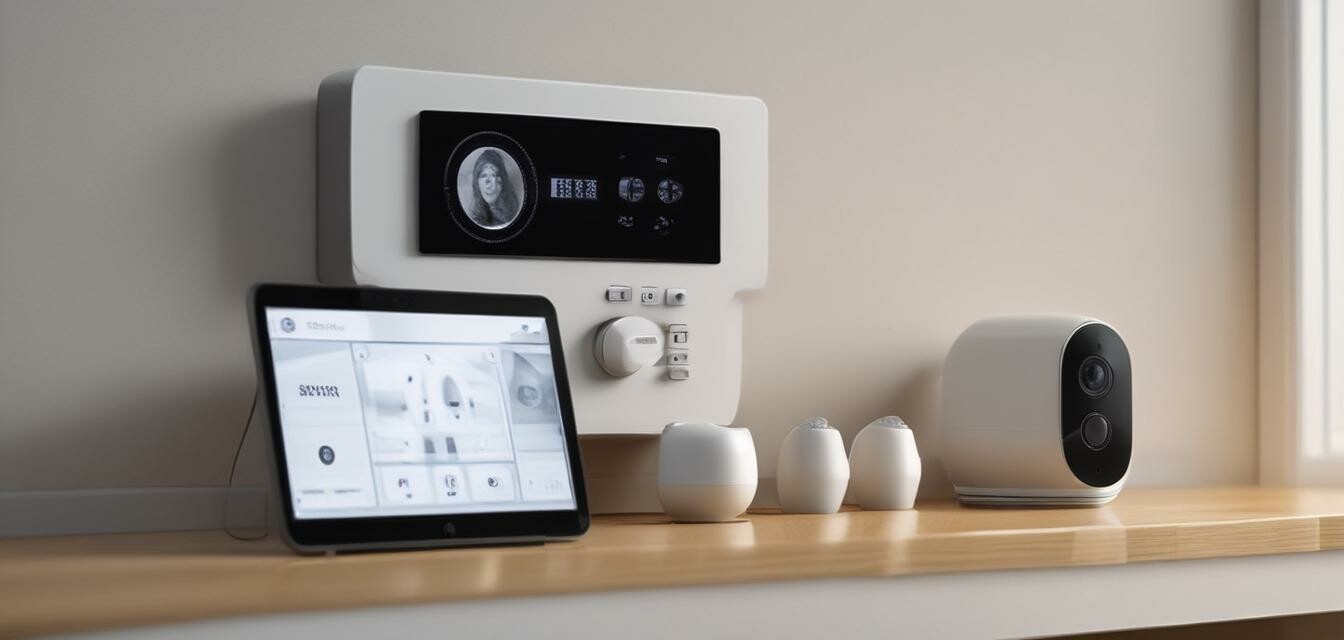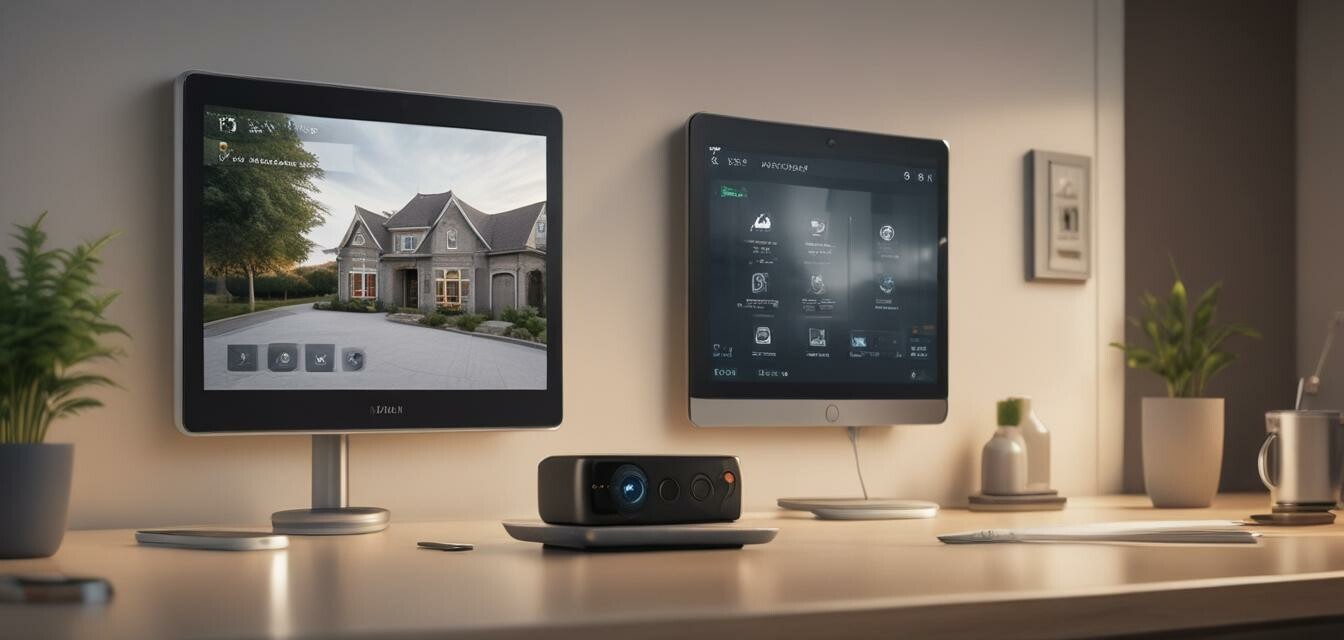
The future of smart home security technology
Key Takeaways
- The integration of AI in home security enhances real-time monitoring.
- Smart home technology encourages convenience and peace of mind.
- Innovations will focus on energy efficiency and smart automation.
- Interconnectivity of devices improves efficiency and response.
As technology continues to evolve, so does the landscape of smart home security. This article delves into the innovative advancements set to transform our understanding of home security, providing homeowners with enhanced safety and convenience.
Understanding smart home security systems
Smart home security systems encompass a wide array of devices designed to keep homes safe. These systems include:
- Alarm Systems
- Smart Cameras
- Smart Locks
- Motion Sensors
- Home Automation Devices

Top innovations in smart security technology
The smart home security space is rapidly developing, with several key innovations slated to make waves:
| Innovation | Description |
|---|---|
| Artificial Intelligence | AI helps in analyzing data from cameras and sensors for better detection of unusual activities. |
| Smart Integration | Devices work together seamlessly to improve user experience and operational efficiency. |
| Cloud Storage Solutions | Advanced cloud services provide flexible data storage while enhancing security measures. |
| Biometric Technology | Facial recognition and fingerprint access increase security and personalization. |
| Energy-Efficient Devices | New technologies focus on reducing energy consumption while maintaining high security standards. |
Benefits of advanced smart home security systems
Investing in smart home security systems offers numerous advantages:
- Real-time monitoring and alerts.
- Remote access to control devices from anywhere.
- Integration with other home automation systems.
- Enhanced peace of mind through 24/7 surveillance.
- Increased property value through modern technology.

Challenges and considerations
While smart home security systems offer great benefits, there are challenges to consider:
Pros
- Enhanced security features.
- Convenience of remote access.
- Interconnectivity with multiple devices.
- Cost-effective in the long run due to automation.
Cons
- Dependence on internet connectivity.
- Potential vulnerabilities to hacking.
- Initial investment can be high.
- Complicated setup for non-tech-savvy users.
The future outlook of smart home security
The future for smart home security systems looks promising, with the following trends expected to shape the industry:
| Trend | Impact |
|---|---|
| More Comprehensive Systems | Systems will incorporate various technologies to protect against a wider range of threats. |
| Enhanced User Interfaces | More intuitive and user-friendly interfaces will make operation easier. |
| Increased Personalization | Smart systems will learn user preferences for tailored security measures. |
| Focus on Integration | Seamless integration with other smart home devices for a unified smart home experience. |
Conclusion
Smart home security technology is evolving at a rapid pace, ensuring that homeowners can feel safe and connected. By staying informed about the latest advancements, you can make better decisions about protecting your home.
Tips for Beginners
- Evaluate your unique security needs before purchasing.
- Research various smart home security options available.
- Ensure devices are compatible with each other for seamless integration.
- Consider installation options—professional versus DIY.
- Stay updated on software updates for all devices for enhanced security.
Explore more smart home security topics
For a more in-depth look at specific types of smart home security devices, visit these links:









